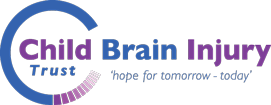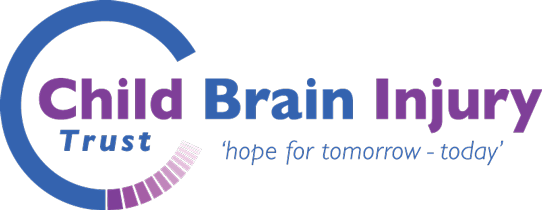Equine what.. I hear you think? Equine Facilitated Psychotherapy (EFP) is a form of psychotherapy/ counselling (for people) whereby horses are used to co-facilitate the therapy sessions. Animal Assisted Therapy is generally well known, but most commonly dogs are used. A lot of people will have heard about the therapeutic effects of dogs in nursing homes. Caring for an animal and being around them can offer people a sense of connection and belonging, even a purpose.

So why use horses in therapy? Those who have been around horses, often intuitively know how horses are sensitive to the mood they are in. Horses tend to mirror our thoughts and feelings, which can be a very useful tool in therapy. To fully understand this quality in horses we should go back a little to their roots. Horses is a social animal, who depends on his herd members for survival. Because horses cannot speak, quickly picking up on the emotional states of those around you can mean the difference from ‘fleeing away on time’ to ‘being attacked’. This intuitive sensing of energy shifts may sound a bit airy fairy, but if you have ever felt the tension in a room where there has just been an argument, you know what I’m talking about. Horses sense our energy and intent all the time, as their survival depends on it.
What is equine assisted psychotherapy? It is a form of psychotherapy in which horses are used to co-facilitate the session. In equine therapy, we take the clients out of a room-based environment into the field where we would work with the horses on different skill sets. You will do certain exercises from the ground with a horse and together with the therapist you try to unravel and create some clarity into how you feel and why/ or work on a particular skill set.

The benefits: Equine therapy is great for improving communication skills, social skills, assertiveness/ confidence, creative thinking, problem solving, relationships and attitude issues. This is because the horse is a big and powerful animal who responds mainly through non-verbal communication, like body language. One advantage of animal assisted therapy is that you don’t really need to explain verbally why you want help prior to starting, because sometimes you just don’t know. The treatment functions on an experiential level, which can be a very rich experience. Therefore, it can be particularly beneficial to children with special needs or those who have difficulties at school be it due to learning difficulties or difficulties socially. I can work with children and young people from the age of 7 upwards in group, individual sessions or family run sessions
About me: My name is Loes Koorenhof and I have recently converted my academic career in neuro-psychology to equine assisted therapy. In my previous job, I was working as a post-doctoral researcher conducting a pilot study to assess the gap in services for families who have children with Acquired Brain Injury (ABI). During several months I interviewed several families, parents, siblings and kids with ABI. What really struck me was the trauma for the family as a whole and the impact it had on the family system. The outcome of my study was that that service provision for the complex needs of ABI families can be pretty poor. This complexity arises from the combination of physical, cognitive and emotional difficulties, the ever-changing needs of a developing child, and the changes in family dynamics. The needs of the siblings, the parents as well as the affected child. For me, this created a drive to do the work I am now doing.

How can horses help with ABI? Horses do not judge and do not care about disabilities. Horses are intelligent and sensitive creatures for whom only the present moment is important. Therefore, they are able to offer us patience, forgiveness and another chance when we get things wrong. When you struggle to express your thoughts and feelings, working with horses will provide an alternative way to work on emotional processes. Because horses do not use words, we focus on body language. Body language plays an enormous part in how confident we feel. Gentle leadership exercises with the horses can create a new-found self-esteem when you have lost your confidence. Lessons learned with horses are experiences. These new experiences with horses can create transferable skills which can make connecting with humans easier again. The horse’s ability to sense intensions and mirror our emotions makes them great at unravelling unhelpful interactions and communication.
More information: If you are interested in Equine therapy please visit the Child Brain Injury Trust Services Guide for contact details of Dr Loes Koorenhof of Equilore: https://childbraininjurytrust.org.uk/services-guide/equilore/



